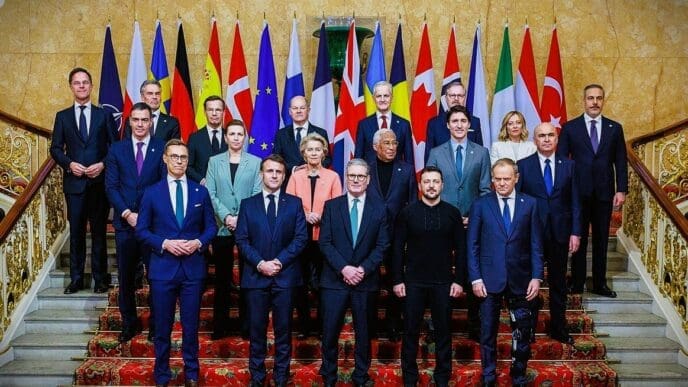A significant controversy has arisen within right-wing circles in the United States following the Episcopal Church’s decision to decline a federal government directive to assist in the resettlement of white South Africans who have been granted refugee status. This announcement coincides with the recent arrival of 49 South Africans in the U.S. as part of a fast-tracked refugee initiative introduced by President Donald Trump. Trump has accused the South African government of discriminatory practices against its white citizens.
The new arrivals, mostly Afrikaners—descendants of Dutch and French colonial settlers—represent a minority in South Africa, where the majority of the population is Black. The expedited resettlement process has drawn criticism for allegedly allowing white South Africans to circumvent a refugee system that leaves many from global conflict zones languishing in prolonged vetting processes and perilous conditions.
The Episcopal Church’s resistance to federal expectations has triggered a wave of criticism from prominent conservative figures, leading to calls for the withdrawal of its funding. The church’s decision was based on moral grounds, given its historic commitment to racial justice and its connections with the Anglican Church of Southern Africa.
Conservative voices have expressed outrage over the church’s action. Some have questioned its integrity and faithfulness, while others have called for financial repercussions against the church. The Episcopal Church has historically been involved in refugee resettlement through federal grants, a partnership now set to end.
The Trump administration, alongside its supporters, argues that Afrikaners face racial discrimination in South Africa and should thus be eligible for refugee status in the U.S. However, a South African court has deemed claims of a “white genocide” as unfounded, and the government has denied systemic racial discrimination.
Despite these claims, the Trump administration has proceeded with its resettlement program amid criticism for halting other refugee pathways. The Episcopal Church plans to conclude its government-funded refugee services by the end of the fiscal year but remains committed to supporting immigrants and refugees through non-governmental means.
This development has intensified the ongoing debate regarding immigration policies and racial dynamics within refugee resettlement programs in the United States.














